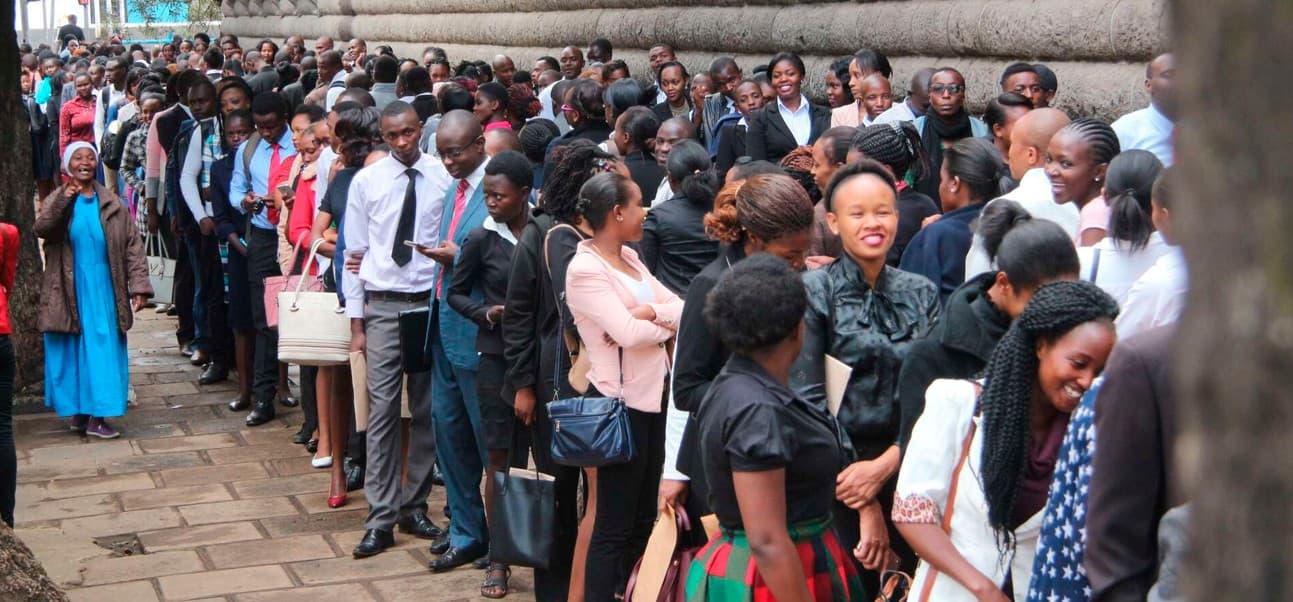We're loading the full news article for you. This includes the article content, images, author information, and related articles.
A raft of new and proposed regulations, including the delayed PBO Act and a controversial Harambee Bill, is set to redefine Kenya's giving culture, forcing charities and donors to navigate a complex web of compliance.

Kenya's deeply ingrained culture of generosity, traditionally embodied by the harambee spirit, is facing a period of unprecedented transformation. A series of new laws and regulatory overhauls are reshaping the environment for charities, non-governmental organizations (NGOs), and public fundraisers. These reforms, driven by government concerns over transparency, accountability, and the political weaponization of donations, are creating one of the most regulated philanthropic spaces in East Africa. For thousands of organizations and millions of Kenyans who donate, the changes present both significant hurdles and new opportunities.
Central to this new era is the Public Benefit Organisations (PBO) Act of 2013, which, after more than a decade of delays, was finally operationalised on May 14, 2024. The Act replaces the outdated NGO Coordination Act of 1990, aiming to create a single, streamlined legal framework for all organizations engaged in public benefit activities. Its primary goal is to enhance transparency and accountability within the sector.
However, the transition has been fraught with challenges. The government has extended the compliance deadline for existing NGOs to re-register as PBOs by a full year, to May 13, 2026, after a low uptake. According to the Public Benefit Organisations Regulatory Authority (PBORA), only about 4,000 of an estimated 14,000 registered NGOs had transitioned by May 2025. Furthermore, the implementation remains in a state of legal limbo. In a significant 2025 ruling, the High Court declared the composition of the PBO Authority Board unconstitutional, effectively stalling the body responsible for the Act's execution. The Attorney General has filed a notice of appeal, but until the matter is resolved, the sector's governing law lacks a fully functional implementing body.
Perhaps the most culturally significant reform is the proposed Public Fundraising Appeals Bill, 2024. This bill seeks to replace the old Public Collection Act and introduce stringent controls on harambees, a cornerstone of Kenyan community mobilization. If passed, the law would mandate permits for all public fundraising appeals, require detailed financial record-keeping, and cap administrative expenses at 5% of the targeted amount.
In a move with major political ramifications, the bill also proposes to ban state officers, public servants, and political aspirants from participating in or conducting public fundraisers. This follows a directive from President William Ruto aimed at curbing corruption often associated with harambees. While the bill aims to protect citizens from fraud and promote ethical giving, it has sparked a national debate about its potential to stifle spontaneous community generosity. Notably, the bill includes exemptions for normal religious collections like tithes and offerings, a point of contention for some.
Complementing these broader regulatory changes are new tax guidelines introduced under the Income Tax (Charitable Organisations and Donations Exemption) Rules, 2024. These rules, which replaced a 2007 framework, impose stricter conditions for obtaining and maintaining tax-exempt status. Charities must now provide more detailed documentation for donations, demonstrate clear public benefit, and reapply for their exemption status to comply with the new requirements. One key provision limits the accumulation of surplus funds, preventing charities from holding large reserves without using them for their stated purpose.
The issue of donor transparency has also been a battleground. In 2025, the High Court invalidated several provisions in the PBO Act that would have required the mandatory disclosure of donor identities, citing rights to privacy and freedom of association. This ruling highlights the delicate balance between ensuring accountability and protecting donors from potential political or social repercussions, which has led to a rise in 'proxy giving' to conceal identities.
For Kenya's vibrant civil society, these regulations present a complex new reality. Financial sustainability is already the most pressing challenge for 83% of Kenyan charities, many of whom rely on foreign funding. The increased administrative burden of compliance with the PBO Act and new tax rules could strain the limited resources of smaller, community-based organizations. However, the reforms also offer an opportunity to formalize governance structures, improve financial systems, and build greater trust with both local and international donors.
The heightened regulatory environment in Kenya could have a ripple effect across East Africa, where many countries are also grappling with how to govern the non-profit sector. As one of the region's major philanthropic hubs, Kenya's legal framework is often watched closely by its neighbours. The success or failure of these reforms in balancing transparency with enabling a thriving civil society will likely inform future policy discussions across the region. The ultimate challenge lies in ensuring that in the quest for accountability, the spirit of giving that defines Kenyan society is not diminished but strengthened.
Keep the conversation in one place—threads here stay linked to the story and in the forums.
Sign in to start a discussion
Start a conversation about this story and keep it linked here.
Other hot threads
E-sports and Gaming Community in Kenya
Active 9 months ago
The Role of Technology in Modern Agriculture (AgriTech)
Active 9 months ago
Popular Recreational Activities Across Counties
Active 9 months ago
Investing in Youth Sports Development Programs
Active 9 months ago